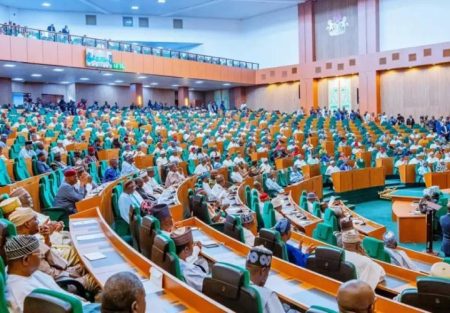The Israeli-Palestinian conflict, a deeply rooted and multifaceted struggle over land and self-determination, experienced a significant escalation following the Hamas attack on Israel in October 2023. This attack, launching a new phase in the ongoing conflict, triggered a surge in violence and retaliatory actions, particularly in the occupied West Bank. The already tense situation in the region was further exacerbated by Israel’s intensified military operations and raids into Palestinian territories, marking a notable shift in the dynamics of the conflict and raising concerns about potential for further escalation. The seizure of funds in Ramallah represents one specific incident within this broader context of heightened tension and conflict.
In a significant operation within the heart of Ramallah, Israeli security forces seized approximately $447,000 in what they termed “terror funds.” Ramallah, the administrative center of the Palestinian Authority, rarely sees such incursions by Israeli forces, making this operation particularly noteworthy. This operation targeted a currency exchange business, which Israeli authorities alleged was funneling money to Hamas. The Israeli police statement asserted that the seized funds, comprising various currencies including shekels, US dollars, Jordanian dinars, and euros, were destined for Hamas operations. The operation further resulted in the arrest of nine individuals suspected of involvement in terrorist activities, highlighting Israel’s continued focus on disrupting what it sees as financial networks supporting Palestinian militant groups.
This raid forms part of a broader pattern of intensified Israeli operations in the West Bank following the Hamas attack in October 2023. The West Bank, a territory occupied by Israel since 1967, has long been a flashpoint in the conflict, with frequent clashes between Israeli forces and Palestinian residents. However, the frequency and intensity of Israeli raids have increased significantly since the October attack, particularly in the northern parts of the West Bank. This escalation in military activity reflects Israel’s determination to crack down on perceived threats emanating from Palestinian groups and to prevent further attacks. The increased military presence also contributes to a climate of fear and instability among the Palestinian population, exacerbating existing tensions and undermining efforts towards a peaceful resolution.
The targeting of currency exchange offices in the West Bank is not a new tactic for Israeli forces. Similar operations have been conducted in previous months and years, reflecting Israel’s belief that these businesses play a role in financing Palestinian militant groups. By seizing funds and arresting individuals involved in these transactions, Israel aims to disrupt the flow of money to these groups and weaken their operational capabilities. This approach, however, raises important questions about the impact on legitimate financial transactions and the economic well-being of Palestinian businesses and individuals. It also underscores the deep mistrust and lack of communication between Israeli and Palestinian authorities, further complicating efforts to find common ground and resolve the underlying issues fueling the conflict.
The ongoing conflict has resulted in a tragic loss of life on both sides. According to figures compiled by AFP, at least 972 Palestinians, including both militants and civilians, have been killed by Israeli troops or settlers since the beginning of the Gaza war. This statistic starkly illustrates the devastating human cost of the conflict and the vulnerability of the Palestinian population living under occupation. On the Israeli side, at least 36 civilians and security forces have been killed in attacks or during military operations in the same period, demonstrating the continuing threat posed by Palestinian militant groups. These casualties underscore the urgent need for de-escalation and a renewed commitment to finding a lasting solution to the conflict.
The seizure of funds in Ramallah serves as a microcosm of the broader Israeli-Palestinian conflict. It highlights the deep divisions, the ongoing cycle of violence, and the complex security challenges facing both sides. The incident underscores the need for a comprehensive and sustainable solution that addresses the underlying causes of the conflict, respects the rights and aspirations of both Palestinians and Israelis, and ensures a future of peace and security for all. Without a fundamental shift in the dynamics of the conflict, incidents like the Ramallah raid are likely to continue, further exacerbating tensions and perpetuating the cycle of violence that has characterized the region for decades.














